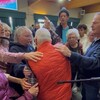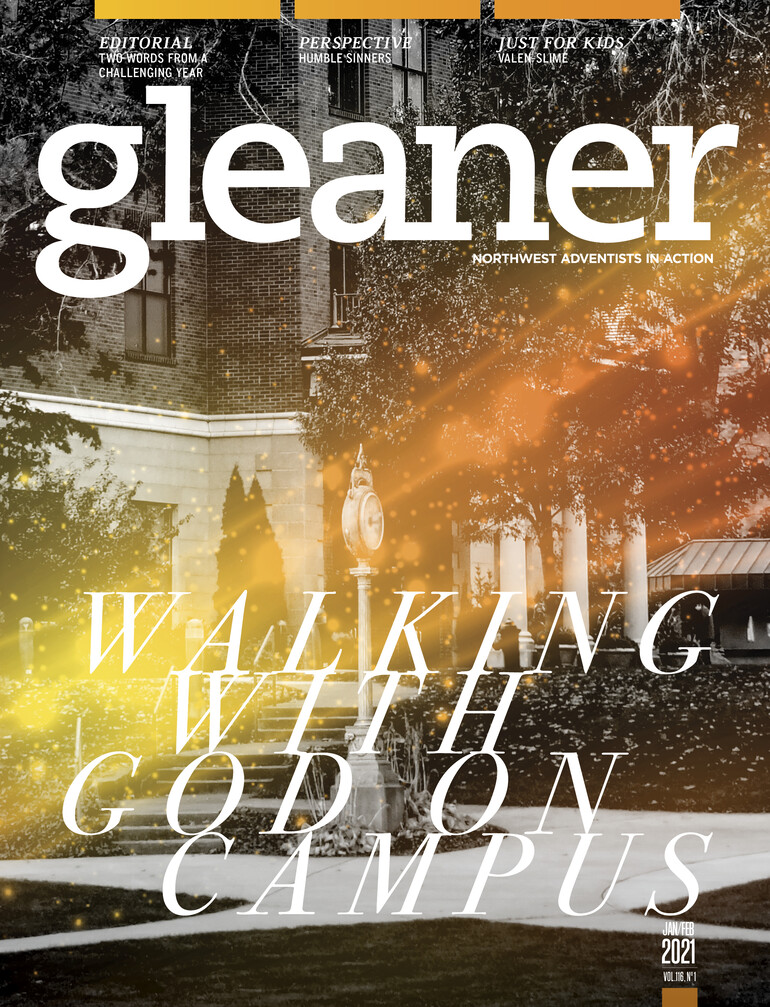"The whole problem with the world is that fools and fanatics are always so certain of themselves, and wiser people so full of doubts." — Bertrand Russell
Have you noticed how so many people on the internet seem so certain about so many things? Regardless of expertise, these people are willing to share their opinion and let you know it is, indeed, a fact. If you disagree, you may even be called an idiot. When everyone is considered an “expert,” no one is. When my “truth” is just as good as your “truth,” we have entered an era of post-truth.
Post-truth was the word Oxford Dictionaries chose as their word of the year for 2016. Reflecting on this, Oxford Dictionaries' Casper Grathwohl said post-truth could become "one of the defining words of our time."[1]
Oxford Dictionaries says, “Post-truth is thought to have been first used in 1992.”[2] However the frequency of its usage increased by 2,000% in 2016 compared to the previous year. Grathwohl said, “Fueled by the rise of social media as a news source and a growing distrust of facts offered up by the establishment, post-truth as a concept has been finding its linguistic footing for some time."
Objective facts are now less influential in shaping public opinion than emotional appeals.
Post-truth is a fitting word to define the zeitgeist we find ourselves in. Fake news is rampant and has become a money-making industry. It’s powerful enough to impact elections, confirm our biases and add fuel to our worst fears.
Who cares if a story is accurate? It's the message that counts, right? But what does it say about the message if it relies on sensationalism or false facts to penetrate?
In reaction to this, Google, Facebook, Twitter and YouTube are now determined to take on fake news. But this is potentially ominous as well. Do we really want these companies being the arbitrators of truth? Has society become so numb, so dense, that it is unable to "test all things and hold on to what is good" (1 Thess. 5:21)?
How do we determine true truth in the age of post-truth? It has to start with humility — a willingness to admit we may get things wrong and a willingness to be corrected when we are wrong.
A couple of years ago I listened to a conference by the Barna Group that talked about true humility.[3] True humility is how you see your knowledge. True humility means you have an accurate perception of your strengths as well as your weaknesses. According to Barna, true humility has four practical behaviors:
- When you are humble about your knowledge, you will not be overconfident;
- You won’t become defensive when people have different perspectives than you;
- You will be open to revision;
- You will truly respect the viewpoints of others.
Allow this truth to set you free: Humility is not the sacrifice of truth but the embodiment of it.
Humility is freedom. Pride is controlling. Humility prioritizes connection. Pride prioritizes being "right."
A person can be theologically right without actually being righteous. If someone develops a need to always be "right," it can become self-righteousness. This sort of arrogance blocks the ability to connect with God and with others. That is why I believe it’s better to be a humble sinner than a self-righteous saint.
Accountability is needed for those who cause harm, but there should also be a path forward for redemption. My friend Tony Jamgochian explains it like this: “If someone makes a mistake and you spend all your time making that person feel stupid for that mistake, don't be surprised if they double down and try to prove to themselves that it wasn't a mistake to begin with.”
The comedian Sarah Silverman spoke about this recently on the Bill Simmons Podcast[4]. She said, "If we don't give these people a path to redemption, then they're going to go where they are accepted, which is the dark side. I think there should be some kind of path. Do we want people to be changed? Or do we want them to stay the same, to freeze in a moment we found on the internet from 12 years ago. And so we can point to ourselves as right and them as wrong. It's righteousness porn."
I think this is what Eccl. 7:16 is referring to when it says, “Do not be overly righteous, nor be overly wise — why should you destroy yourself?” If you have ever encountered a legalistic perfectionist, you know exactly what that text is talking about. It’s not a call to relativity; it’s a call to empathy. Righteousness isn’t merely about being right. It’s about redemption, faith and forgiveness. If we confuse righteousness for theological correctness, it becomes “righteousness porn."
So how are Christians to live in an age of post-truth? Reinhold Niebuhr, one of the great theologians from the 20th century, put it all together: "Nothing that is worth doing can be achieved in our lifetime; therefore we must be saved by hope. Nothing which is true or beautiful or good makes complete sense in any immediate context of history; therefore we must be saved by faith. Nothing we do, however virtuous, can be accomplished alone; therefore we must be saved by love. No virtuous act is quite as virtuous from the standpoint of our friend or foe as it is from our standpoint. Therefore we must be saved by the final form of love, which is forgiveness."
[1] www.bbc.com/news/uk-37995600
[2] Ibid.
[3] www.barna.com/watchpastors2017/?fbclid=IwAR04zIAR4oQzgcO7mFWV3iFRydUeB8…
[4] www.theringer.com/the-bill-simmons-podcast/2019/8/8/20798119/sarah-silv…









